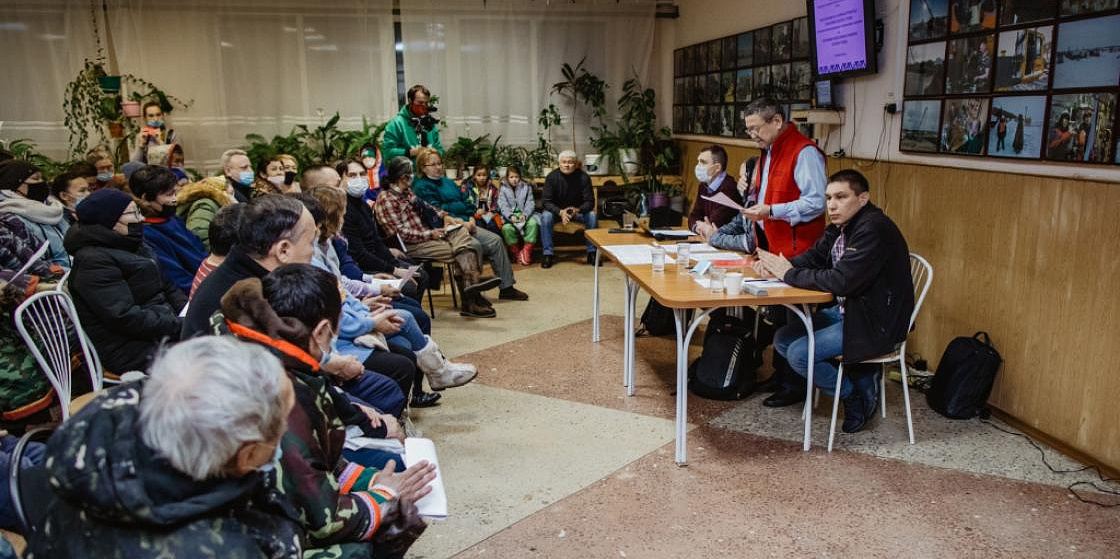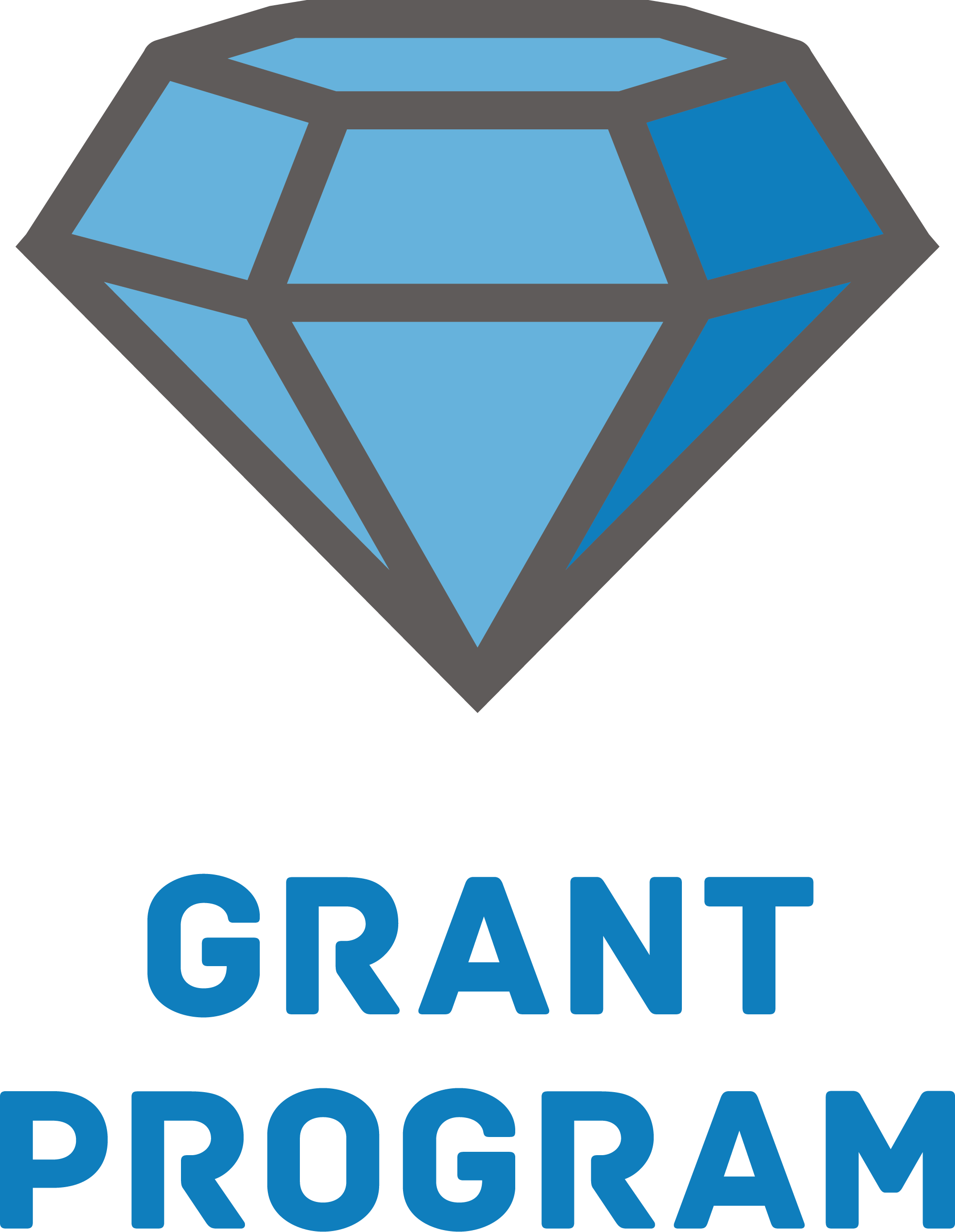
Photo: Nornickel
Tukhard Residents Okayed Launching FPIC Process and Established a Representative Board
The second round of consultations as regards obtaining a free prior and informed consent (FPIC) took place in the village of Tukhard, Taimyr. The session was held by Norilsk Nickel in accordance with the Tukhard development program until 2026, which provides for the resettlement of residents from unfit houses located within the so-called buffer zone of an operational industrial site (in accordance with the Russian legislation, no one can legally reside in these buildings).
78 village residents and tundra reindeer herders took part in the meeting. The meeting participants gave their consent to launching a FPIC procedure. Although obtaining a FPIC is not required by the Russian legislation, it is common international practice to do so in situations similar to that of Tukhard. The participants also established the Board of Representatives, a body for collective decision-making composed of seven people known to have different approaches to the relocation program: those willing to relocate, those planning to stay in Tukhard, and reindeer herders who live in the tundra.
The meetings were attended by a team of independent international experts, including Aleksei Tsykarev, Member of the Permanent Forum on Indigenous Issues, Navin K. Rai, the World Bank's Corporate Advisor to the World Bank on Indigenous Issues who had authored the current WB policies regarding indigenous peoples’ rights, and Mikhail Todyshev and Antonina Gorbunova, legal experts on protecting the rights of Russia's indigenous minorities. The team benefited from advice provided by Professor James Anaya, UN Special Rapporteur on the Situation of Human Rights and Fundamental Freedoms of Indigenous People. The meeting was also attended by officials representing the authorities of Krasnoyarsk Krai and Taimyr Dolgano-Nenets Municipal District, as well as representatives of human rights watchdogs and indigenous NGOs. The process is organized by the SOYUZ Union of Indigenous Peoples (KMNSOYUZ), an interregional indigenous NGO.
The Project Office for Arctic Development provides administrative and information support to the FPIC procedure launched for the first time in the Russian Arctic. For instance, PORA experts were responsible for informing local residents of the procedure and conducting opinion surveys.
Aleksei Tsykarev speaks highly of the election of members of the Board of Representatives: “This step is of utmost importance in terms of the FPIC process... In some cases, people fail to establish their decision-making bodies. This creates vacuum, which means that the decision power will reside somewhere else. This is not going to happen in our case, and that is important.”
Navin K. Rai commented as follows: “The indigenous population of Tukhard, including tundra reindeer herders, are currently negotiating specific modalities of resettlement with Nornickel. Under the FPIC process, it is presumed that an indigenous community may say no. However, the negotiation outcome may be acceptable both for the company and the indigenous Tukhard residents.”
Sergei Sizonenko, Member of Krasnoyarsk Krai Legislature, Vice President of the Russian Association of Indigenous Peoples of the North, Siberia and Far East for legal affairs, explains why the meeting was so important: “What is crucial is that the residents were able to make a joint decision on electing their executive body, which will participate in the informed consent process.”
“In terms of the FPIC process, Nornickel takes into consideration preferences and requests voiced by local residents. The fact that the opinion of nomadic herders was heard at the meeting held during the second round is really important. This means that the voice of those who live in tundra will count”, says Andrey Grachev, Nornickel’s Vice President for Federal and Regional Programs.
“Establishing a representative board by village residents themselves, and not by decision “from above”, is one of the best practices of present-day dialogue. This is the only way to ensure that the rights of indigenous community members have not been and will not be violated,” says Nikolay Doronin, Chairperson of the PORA Managing Board.
Nornickel will fund both building a new settlement and moving residents to their new homes. All newly constructed houses will be handed over to new residents and registered as their private property, free of charge. This way the indigenous people of the area will not be separated from their habitual environment, traditionally used lands, and lifestyle; apart from this, they will be given the chance to choose the design of their new homes and decide what kind of infrastructure they will be furnished with. Nornickel plans to complete construction in 2026. However, other alternatives are on the table, too, including purchasing houses or apartments in other Taimyr villages and/or the city of Dudinka.
The first FPIC consultation round took place in October 2021. The next round is scheduled for the 1st quarter 2022.
78 village residents and tundra reindeer herders took part in the meeting. The meeting participants gave their consent to launching a FPIC procedure. Although obtaining a FPIC is not required by the Russian legislation, it is common international practice to do so in situations similar to that of Tukhard. The participants also established the Board of Representatives, a body for collective decision-making composed of seven people known to have different approaches to the relocation program: those willing to relocate, those planning to stay in Tukhard, and reindeer herders who live in the tundra.
The meetings were attended by a team of independent international experts, including Aleksei Tsykarev, Member of the Permanent Forum on Indigenous Issues, Navin K. Rai, the World Bank's Corporate Advisor to the World Bank on Indigenous Issues who had authored the current WB policies regarding indigenous peoples’ rights, and Mikhail Todyshev and Antonina Gorbunova, legal experts on protecting the rights of Russia's indigenous minorities. The team benefited from advice provided by Professor James Anaya, UN Special Rapporteur on the Situation of Human Rights and Fundamental Freedoms of Indigenous People. The meeting was also attended by officials representing the authorities of Krasnoyarsk Krai and Taimyr Dolgano-Nenets Municipal District, as well as representatives of human rights watchdogs and indigenous NGOs. The process is organized by the SOYUZ Union of Indigenous Peoples (KMNSOYUZ), an interregional indigenous NGO.
The Project Office for Arctic Development provides administrative and information support to the FPIC procedure launched for the first time in the Russian Arctic. For instance, PORA experts were responsible for informing local residents of the procedure and conducting opinion surveys.
Aleksei Tsykarev speaks highly of the election of members of the Board of Representatives: “This step is of utmost importance in terms of the FPIC process... In some cases, people fail to establish their decision-making bodies. This creates vacuum, which means that the decision power will reside somewhere else. This is not going to happen in our case, and that is important.”
Navin K. Rai commented as follows: “The indigenous population of Tukhard, including tundra reindeer herders, are currently negotiating specific modalities of resettlement with Nornickel. Under the FPIC process, it is presumed that an indigenous community may say no. However, the negotiation outcome may be acceptable both for the company and the indigenous Tukhard residents.”
Sergei Sizonenko, Member of Krasnoyarsk Krai Legislature, Vice President of the Russian Association of Indigenous Peoples of the North, Siberia and Far East for legal affairs, explains why the meeting was so important: “What is crucial is that the residents were able to make a joint decision on electing their executive body, which will participate in the informed consent process.”
“In terms of the FPIC process, Nornickel takes into consideration preferences and requests voiced by local residents. The fact that the opinion of nomadic herders was heard at the meeting held during the second round is really important. This means that the voice of those who live in tundra will count”, says Andrey Grachev, Nornickel’s Vice President for Federal and Regional Programs.
“Establishing a representative board by village residents themselves, and not by decision “from above”, is one of the best practices of present-day dialogue. This is the only way to ensure that the rights of indigenous community members have not been and will not be violated,” says Nikolay Doronin, Chairperson of the PORA Managing Board.
Nornickel will fund both building a new settlement and moving residents to their new homes. All newly constructed houses will be handed over to new residents and registered as their private property, free of charge. This way the indigenous people of the area will not be separated from their habitual environment, traditionally used lands, and lifestyle; apart from this, they will be given the chance to choose the design of their new homes and decide what kind of infrastructure they will be furnished with. Nornickel plans to complete construction in 2026. However, other alternatives are on the table, too, including purchasing houses or apartments in other Taimyr villages and/or the city of Dudinka.
The first FPIC consultation round took place in October 2021. The next round is scheduled for the 1st quarter 2022.
30 November 2021




